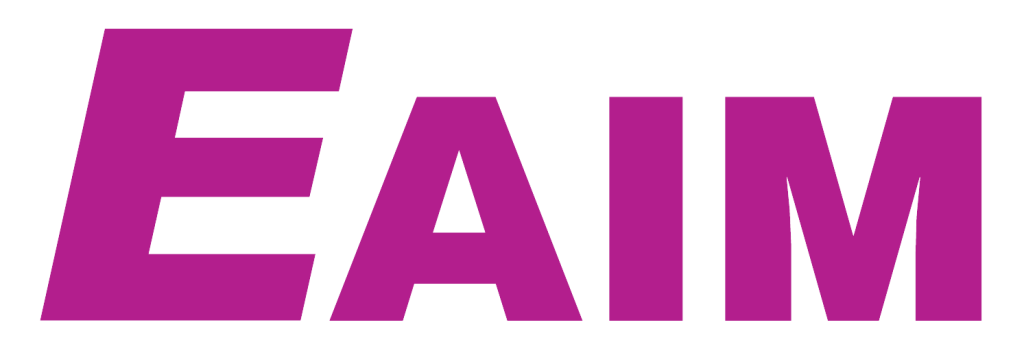Have you ever wondered why some countries protect freedom of speech differently, or why businesses must follow strict rules? Behind these everyday realities lies the study of law, the system that defines rights, responsibilities, and fairness in society. From workplace policies to international treaties, legal systems influence not only nations but also the choices and opportunities of individuals. Many people seek fairness, protection, and empowerment, but what if the key to making sense of our increasingly complex world lies in understanding the foundations of law?
This is where legal education comes in. Far beyond memorizing statutes or courtroom drama, law equips us with the ability to analyse, question, and advocate. Increasingly, people are discovering that a foundation in law isn’t just for aspiring lawyers but also is intellectually stimulating and involves engaging with complex moral, philosophical, and practical questions. (Oxford Scholastica, 2023)
Law is often seen as a system of rules, but it’s more than that; it is also the framework that governs relationships, businesses, and societies. At its core, law helps us answer everyday questions like:
- What rights do I have in my community, workplace, or country?
- How are fairness and justice defined across cultures?
- How does business interact with ethics and regulations?
- What responsibilities do governments and organisations have for citizens?
1 in 3 people worldwide lack access to justice for everyday problems (World Justice Project, 2021). Hence, by learning the foundations of law, you don’t just gain academic knowledge but also build analytical and communication skills that various leaders, policymakers, and changemakers use every day.
If you want to be someone who contributes to society by addressing the reality that 1 in 3 people worldwide lack access to justice for everyday problems, the NCUK International Foundation Year (IFY) Law Track at EAIM provides the perfect starting point. Rather than beginning with complex case law, you’ll first build a solid foundation through three essential subject areas:
- Global Studies – This subject helps you understand how nations and individuals interact on a global scale. From international treaties on climate change to human rights conventions, Global Studies gives you the tools to analyse the systems that shape our world. For example, agreements like the Paris Climate Accord show how international law guides collective action on global challenges (United Nations, 2015). You will learn how laws and policies are influenced by political, cultural, and social contexts.
- Economics – Teaches you how resources are allocated, how markets function, and how fairness intersects with efficiency which are within legal frameworks that shape policies on taxation, trade, and labor rights. For instance, the 2008 Global Financial Crisis highlighted how financial regulations, or the lack thereof can have worldwide consequences (International Monetary Fund, 2009). By understanding economics, you will be better equipped to analyse how law shapes and responds to economic realities.
- Business Studies – This introduces you to how organisations make decisions and the ethical responsibilities they carry out. Real-world cases, such as the Volkswagen emissions scandal, illustrate the consequences when businesses fail to comply with legal and ethical standards (BBC News, 2015). By exploring Business Studies, you will see how legal frameworks not only regulate organisations but also help build trust and accountability in the marketplace.
- English for Academic Purposes (EAP) – Sharpen your ability to think critically, write clearly, and argue persuasively, essential skills for university-level law studies and future careers.
👉 Click here to explore the International Foundation Year (IFY) Law Track at EAIM now.
Law touches every aspect of life, especially in the choices we make each day. By grounding yourself in Global Studies, Economics, and Business Studies, you’re not only preparing for a degree but also gaining the ability to understand and engage with the language of justice, fairness, and opportunity.
References:

